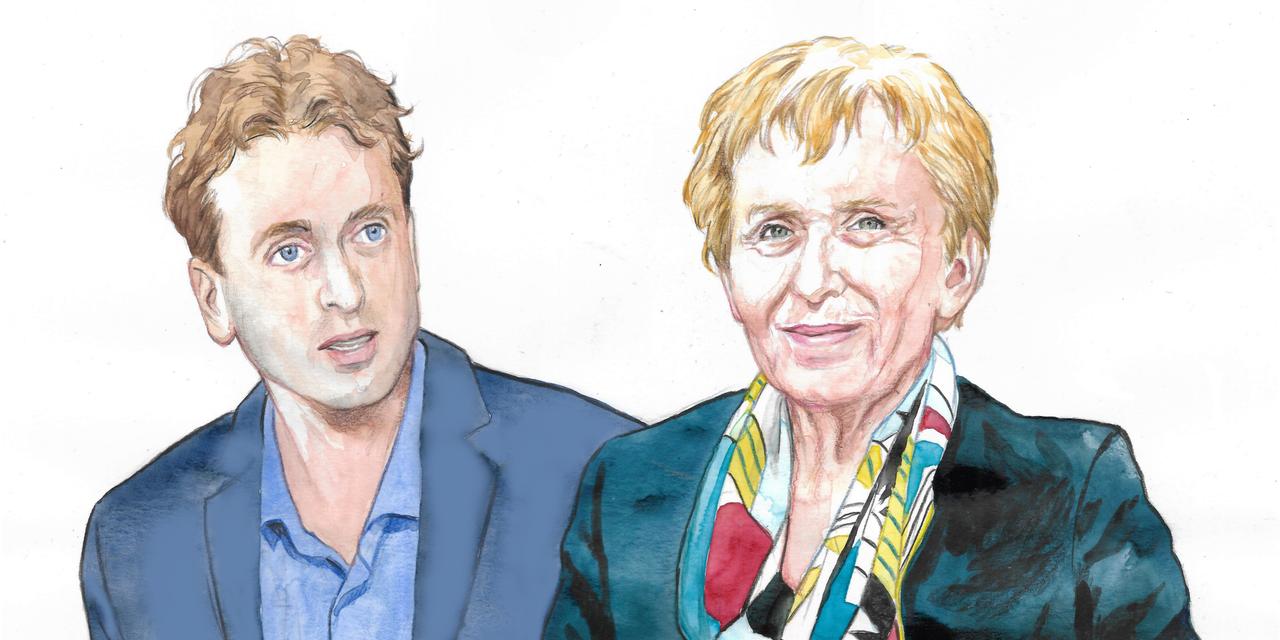


'Robert Badinter's induction into the Panthéon runs counter to a global trend against civil liberties'
InterviewAhead of the ceremony honoring the former justice minister, who abolished the death penalty, law professor Paul Cassia and historian Michelle Perrot discuss his legacy in a joint interview.
By choosing to induct Robert Badinter into the Panthéon on October 9, exactly 44 years to the day after the abolition of the death penalty, did President Emmanuel Macron primarily wish to honor the extraordinary career of a lawyer who went on to become justice minister and then president of the Constitutional Council, or pay tribute to Badinter's uncompromising battles in defense of civil liberties? Le Monde decided to bring together two points of view in an attempt to answer the question.
Paul Cassia, 53, a professor of public law at Université Panthéon-Sorbonne and former head of the anti-corruption organization Anticor, is the author of a biography of François Mitterrand's former justice minister, titled Robert Badinter. Un juriste en politique ("Robert Badinter, a jurist in politics," 2009). Michelle Perrot, 97, a historian of feminism, spent a significant part of her career researching the history of the labor movement and prisons. Beginning in 1986, and for five years, she organized a seminar on prison issues with Robert Badinter at the School for Advanced Studies in the Social Sciences (EHESS). She hosted us in her Paris apartment, offering coffee and a few chocolates.
Paul Cassia, you have just added a foreword to the biography you wrote in 2009, pointing out that it is paradoxical for President Emmanuel Macron to decide to honor Robert Badinter with a place in the Panthéon, while his most recent governments have continually undermined many of the values Badinter defended throughout his life.
You have 92.76% of this article left to read. The rest is for subscribers only.
